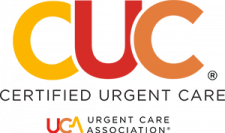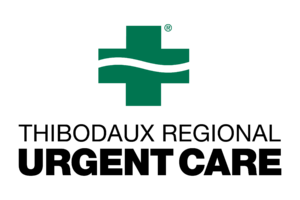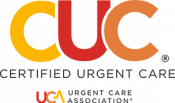Often part of a standard health exam, our blood pressure will likely be checked numerous times throughout our lifetime.
From primary care physicians to dentists and specialists, doctor visits often entail a quick squeeze of the arm to ensure your blood pressure is in line with a normal standard of 120/80.
While most of us don’t think twice about the quick and painless reading, it can be an alarming number for some, especially if you’ve been diagnosed with high blood pressure or have a family history.
Understanding a blood pressure diagnosis and effective ways to manage high blood pressure is key to your overall health. One of the main factors to consider when balancing blood pressure is how our diet plays a role. Often, patients ask, “Does salt cause high blood pressure?”
Let’s discuss high blood pressure and how salt may affect your overall blood pressure number in further detail.
First, What Is Blood Pressure?
A simple measurement tells us a lot about the force of blood pushing against our artery walls as our heart continuously pumps blood throughout our bodies.
To measure blood pressure, a cloth band is placed on one of your arms or wrists that gradually tightens to gain an accurate blood pressure reading.
The result is two numbers.
The systolic reading or top number measures the pressure caused by your heart contracting and pushing out blood.
The diastolic reading, or the bottom number, measures the pressure when your heart relaxes and fills with blood.
Blood Pressure Classifications
When your blood pressure is taken, it is instantly categorized as low, normal, elevated, or high.
- Low blood pressure, or hypotension, occurs when the systolic reading is lower than 90 or the diastolic reading is lower than 60.
- Normal blood pressure is defined as a systolic pressure of less than 120 and a diastolic pressure of less than 80.
- Elevated blood pressure is a systolic reading between 120 and 129, with a diastolic reading of less than 80.
- High blood pressure, or hypertension, is a systolic reading of 130 or higher or a diastolic reading of 80 or higher.
If you continually measure higher than 130 or higher than 80, you will probably be diagnosed with high blood pressure.
Symptoms
About one-third of people with high blood pressure don’t realize they have it, as no symptoms exist. This is why it is vital to check your blood pressure regularly, especially if high blood pressure runs in your medical or family history.
Those who experience symptoms may complain of
- Severe headaches
- Nosebleeds
- Fatigue
- Confusion
- Vision issues
- Chest pain
- Irregular heartbeat
- Blood in the urine
- A pounding feeling in your chest, neck, or ears
Does Salt Cause High Blood Pressure?
The short answer is yes. Salt can play a role in your overall blood pressure reading.
While a small amount of sodium, or salt, is needed in a balanced diet, about 90% of Americans 2 years old or older consume too much of it.
Various studies have shown a direct link between salt intake and blood pressure.
Those who consume too much salt in their daily diets show increased blood pressure and are at higher risk of developing the condition. When salt intake is lessened, blood pressure decreases over time.
According to the FDA, adult Americans should limit their salt intake to about 2,300mg daily, equating to about one teaspoon of table salt. On average, Americans consume about 3,400mg a day, an overabundance of 1,100mg.
To take it a step further, the American Heart Association advises those with high blood pressure to limit their salt intake to no more than 1,500mg per day.
Ways to Reduce Salt Intake
Now that we understand how much salt we should consume daily, we must recognize active ways to reduce sodium intake.
Some of the best ways to lower salt intake include
- Reading nutrition labels
- Avoiding processed foods and preparing your meals at home with whole ingredients
- Adding flavor without using salt
- Rinsing sodium-containing canned foods
- Choosing low-sodium or salt-free snacks and foods
- Buying fresh over frozen when it comes to meats and vegetables
- Reducing portion sizes
Effectively Manage Your Blood Pressure Now
At Thibodaux Regional Urgent Care, we understand that blood pressure readings can tell us a lot about your overall health; that’s why we take your blood pressure reading as part of our standard intake process.
If you are living with high blood pressure, curious about your current blood pressure standings, or want a more in-depth analysis of how your diet could affect your cardiovascular health, we are here to help.
We can check your blood pressure quickly and easily. Stop in today. We are open daily with no appointments necessary.




